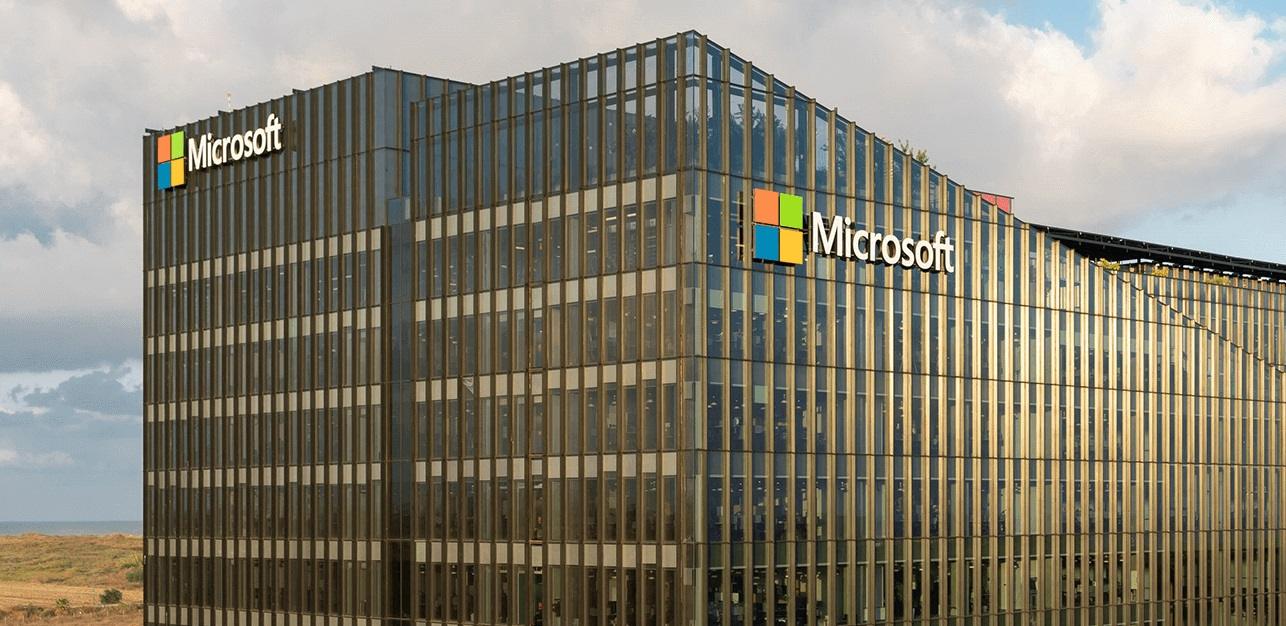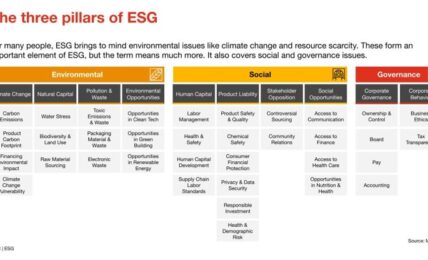
Microsoft and carbon dioxide removal (CDR) project developer CO280 announced one of the largest-ever engineered CDR purchase deals to date, with Microsoft agreeing to offtake nearly 3.7 million tonnes of carbon removal over 12 years from a project that will capture and permanently store biogenic carbon emissions from a U.S. pulp and paper mill on the Gulf Coast.
Pulp and paper mills are a major industrial source of industrial greenhouse gas emissions, with U.S. mills emitting 88 million tonnes of biogenic CO2 annually. Vancouver-based CO280 develops biomass carbon removal and storage projects in the pulp and paper industry, including financing, developing, owning and operating large-scale CDR projects in partnership with pulp and paper companies. CO280 is currently developing more than 10 projects, including 5 high-priority projects anticipated to be active by 2030.
The new agreement follows the launch of a collaboration last year between Microsoft, CO280 and carbon capture technology company Aker Carbon Capture to explore the development of carbon capture projects in the U.S. and Canada, including those in CO280’s development pipeline, alongside the joint development of a standard and efficient screening process to evaluate the technical and economic feasibility of carbon capture on pulp and paper mills, and to standardize lifecycle assessment and measurement, verification and reporting (MRV) systems for capture projects in pulp and paper.
Aker Carbon Capture was acquired last year by energy services company SLB, to form a joint venture, SLB Capturi. SLB Capturi will supply the capture technology for the Gulf Coast bioenergy carbon capture & storage (BECCS) facility.
Jonathan Rhone, co-founder and CEO of CO280, said:
“The agreement with Microsoft is a significant milestone for CO280 and the CDR market. CO280 is committed to delivering the highest quality, permanent carbon dioxide removal while supporting the economic and environmental health of the communities we serve. We’re incredibly grateful to Microsoft for their collaboration, leadership, and commitment to CDR excellence.”
The agreement is the latest in a series of large-scale carbon removal deals for Microsoft, forming part of the tech giant’s initiative to become carbon negative by 2030, although most of the company’s larger deals to date have focused on nature-based solutions.
The company’s highlighted some of the key benefits to CO280’s approach, including its potential scalability, given the large pool of GHG-emitting mills and CO280’s strategy to standardize project design, business model, and financing, the use by the vast majority of U.S. mills of wood with Sustainable Forestry Initiative (SFI) certification, the ability of CO280 projects to use excess waste heat and waste biomass to power the carbon capture plants, and the proximity of many U.S. mills to geologic storage sites.
Brian Marrs, Senior Director of Energy & Carbon Removal at Microsoft, said:
“Microsoft is pleased to announce this deal with the team at CO280, which has proven how to combine innovative engineering with strong commercial development towards creating affordable and scalable carbon removal solutions. The CO280 strategy of adding carbon removal to existing paper mills is an efficient way to quickly scale carbon removal and bolster investment and jobs into timberland communities across the United States.”


